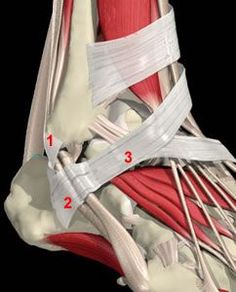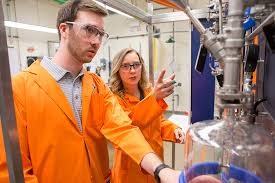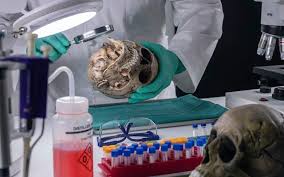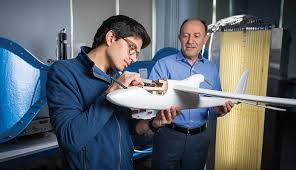Ph.D. in Agricultural Engineering usually takes 3-5 years to complete, depending on the research project and school. This advanced degree focuses on using engineering principles to tackle agricultural problems, such as developing sustainable farming techniques, designing efficient irrigation systems, and producing novel agricultural equipment. Students complete challenging courses on issues such as soil and water conservation, precision agriculture, and bioenergy systems. The curriculum concludes with original research and a dissertation, which contributes new knowledge to the discipline. Graduates get opportunities for various positions such as in academia, research institutions, government organizations, or the business sector, where they can drive advances in food production, environmental sustainability, and agricultural technology.













































































